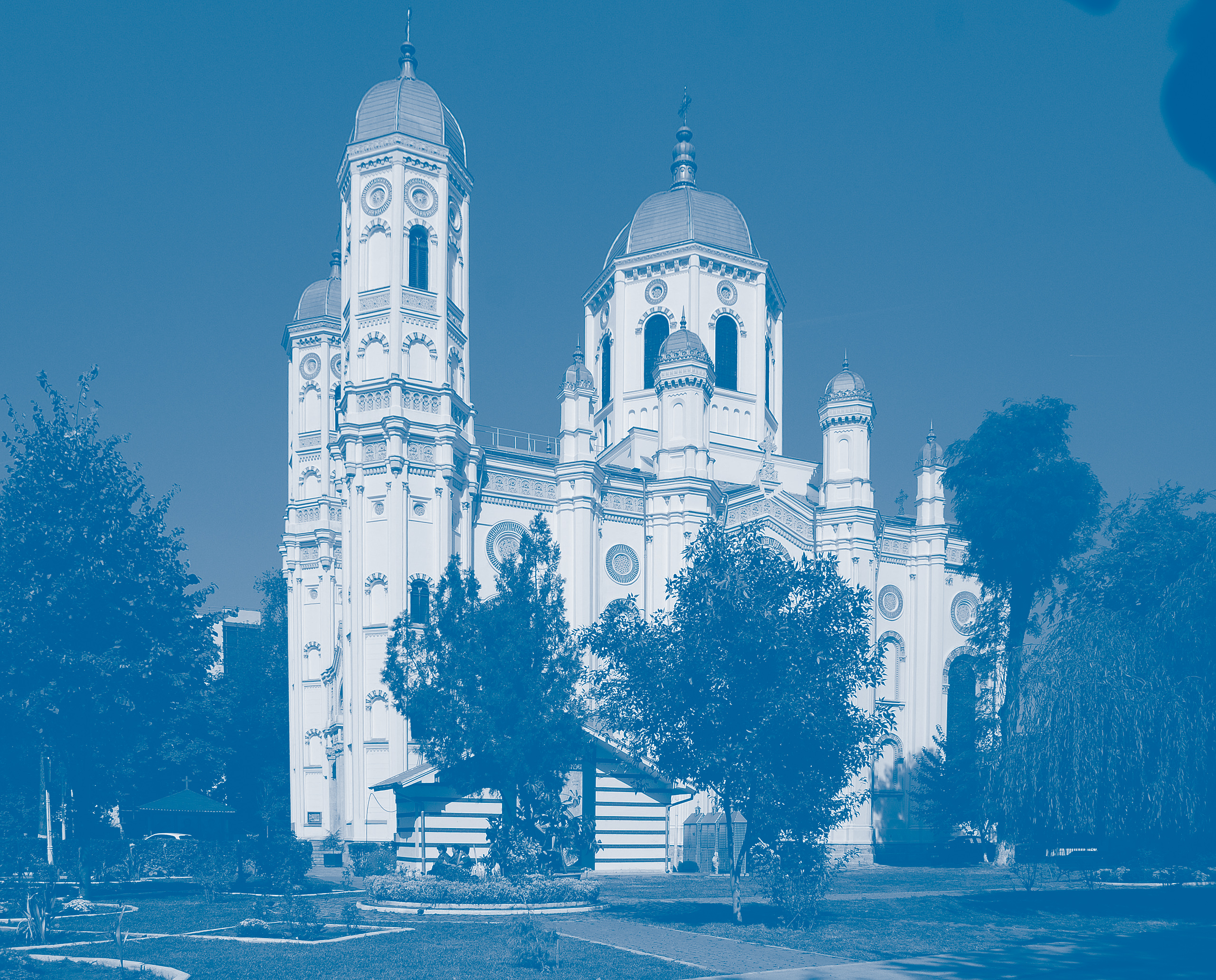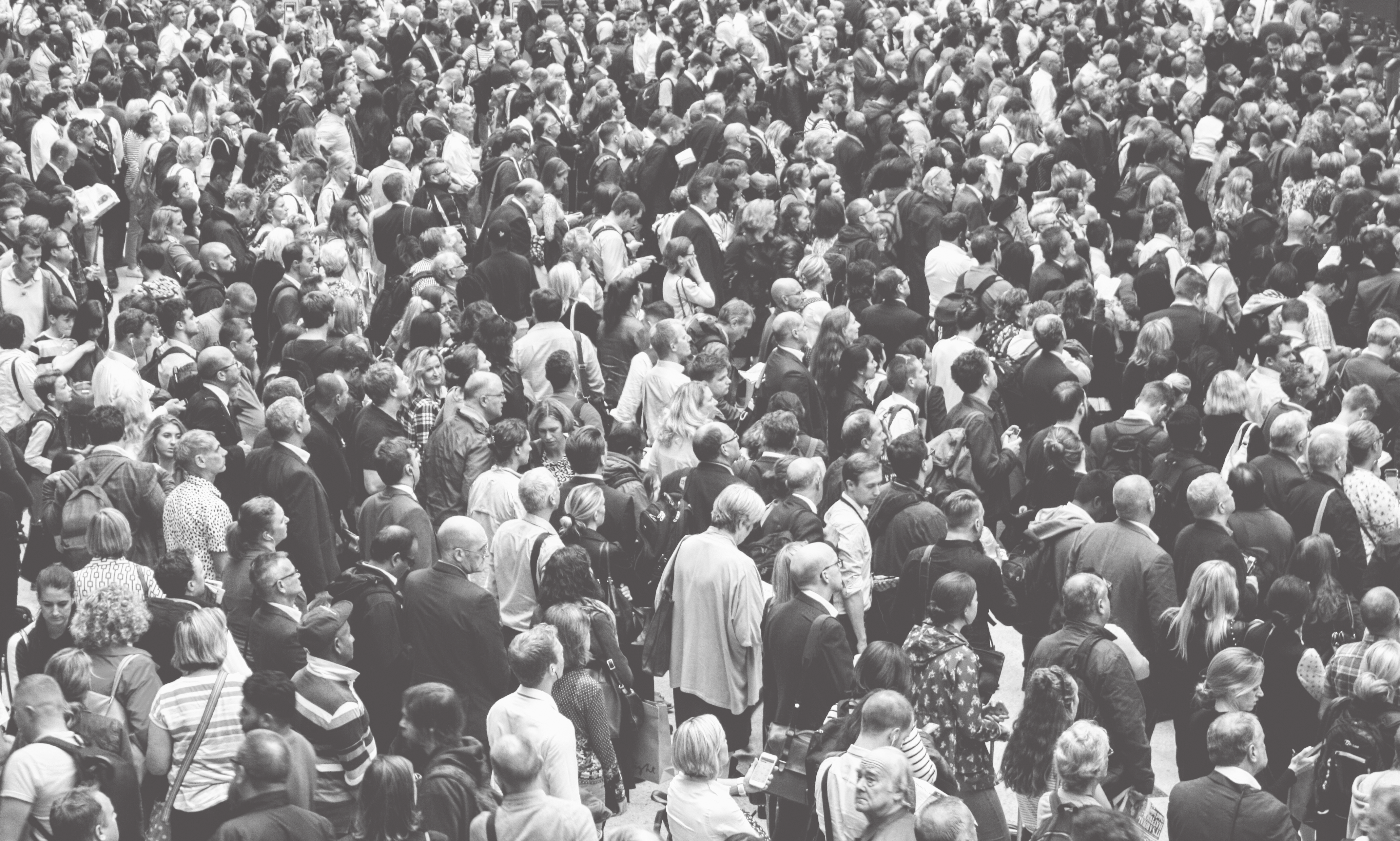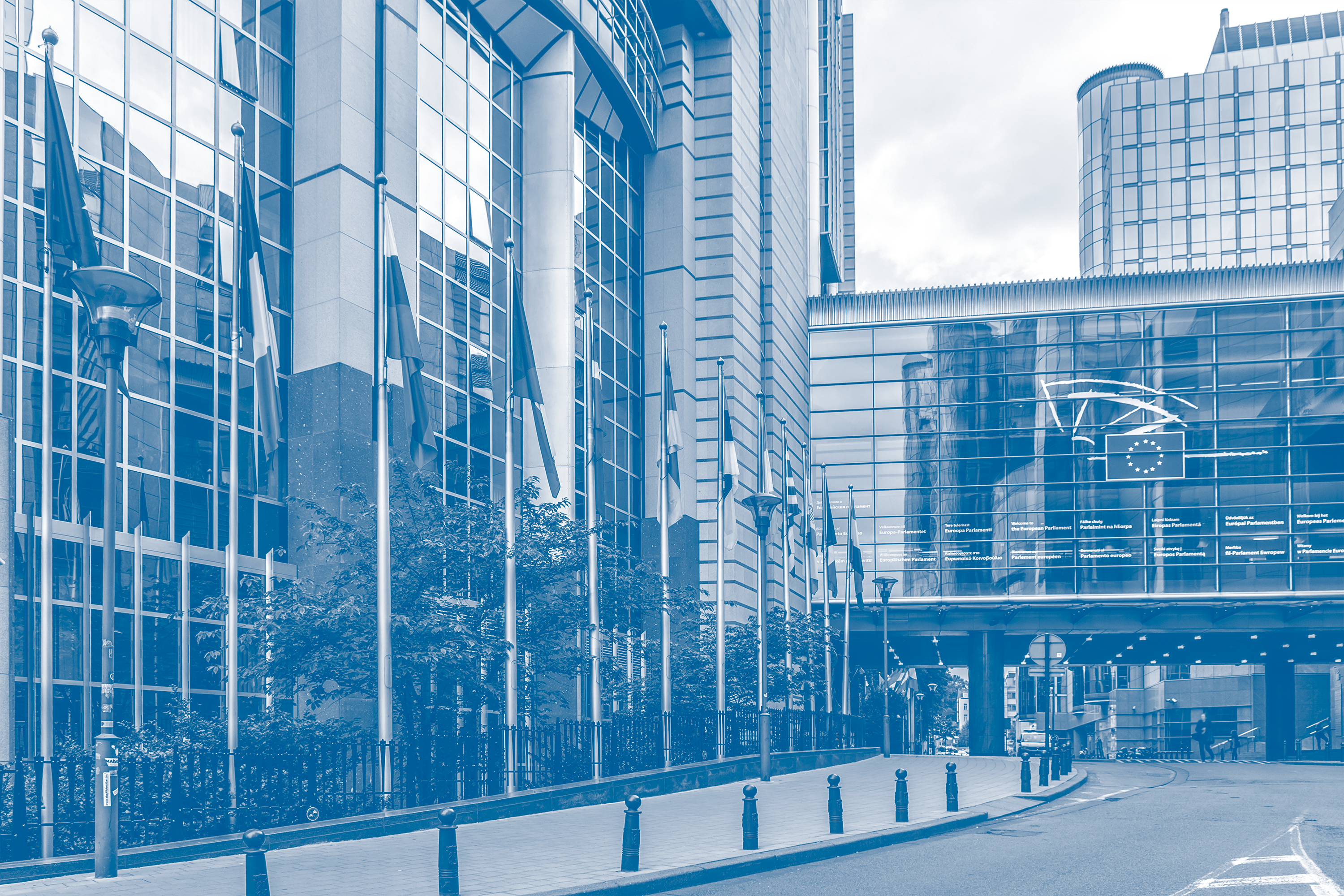By Claudia Ciobanu | Bucharest, Warsaw, Brussels, Zagreb
First gay marriage, then liberal democracy… As a global ultra- conservative movement brings its war of values to the Balkans, autocrats are paying attention.
At Saint Spyridon the New Church, the largest Orthodox church in Bucharest, the priest had an important message for his congregation.




